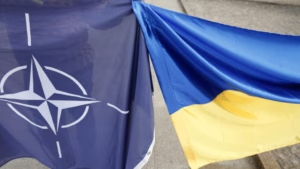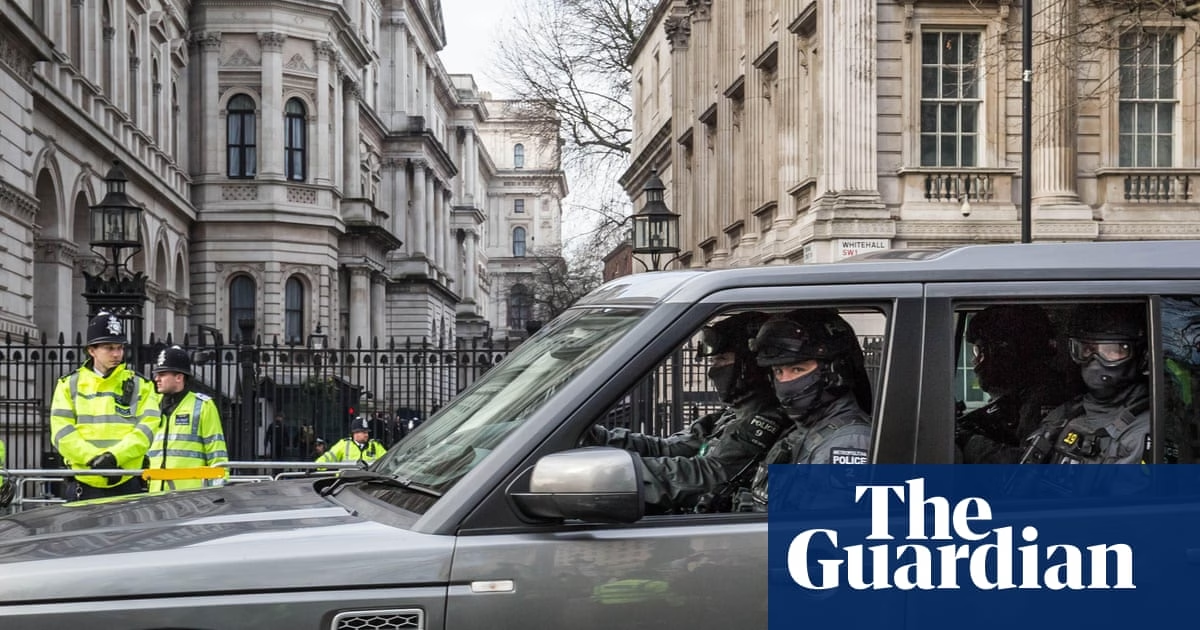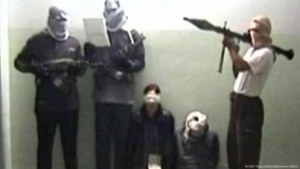Plans are being formulated to create a new national police force to combat terrorism and serious organized crime, marking what could be the most significant overhaul of policing in the UK since the 1960s. This proposed restructuring could see counter-terrorism policing units gaining autonomy from local forces and becoming part of a new force covering at least England and Wales, all housed within a newly established national policing center.
Currently, counter-terrorism policing (CTP) is centered at London’s Metropolitan Police headquarters, under the leadership of the Met commissioner. The plans are in preliminary stages, part of the Home Office’s preparation for a white paper expected later this year, which is set to introduce radical changes to policing mechanisms in response to concerns that the present system, with its 45 local forces sometimes working together on national issues, is inadequately equipped to address the evolving nature of crime, now predominantly national or international in scope.
A key hoped-for benefit of the restructuring is an enhanced capacity to recruit personnel for counter-terrorism efforts, aiming for a more stable workforce to bolster the fight against violent extremism and state-sponsored espionage. The proposals are being developed by a working group that includes the National Police Chief’s Council (NPCC), senior civil servants, the College of Policing, and elected police and crime commissioners.
While several options for reforming CTP are being considered, including the possibility of creating a standalone independent force or even maintaining the status quo, the plan to incorporate terrorism and serious organized crime into a new national force could result in a law enforcement agency comparable in scope and power to the FBI in the United States.
It’s understood that any changes will require government approval and the introduction of new legislation. The Met, currently housing some of CTP’s fundamental functions, has historically led counter-terrorism efforts. However, decentralizing counter-terrorism responsibilities could enable the Met to focus on internal reform.
Scotland Yard, traditionally the epicenter of efforts to counter politically and ideologically motivated violent threats, has seen its counter-terrorism units expand in response to the growing threat of Islamist terrorism. The proposed reforms may lead to centralizing efforts on counter-terrorism, serious organized crime, equipment procurement, and enhancing police responses to protect vulnerable groups, including women and girls from violence.
However, there are concerns about greater centralization, including the potential for local forces losing autonomy over their operational needs and the possibility of increased central government interference. Supporters of the current model argue that its strength lies in the connection between local policing and counter-terrorism efforts, allowing for the gathering and sharing of intelligence at the local level.
A spokesperson for the NPCC indicated that while the ambition for police reform is high, it’s too early to determine the specifics of any future design. A Home Office source emphasized the focus on efficiencies, technology, and enhancing capabilities at both local and national levels, affirming a commitment to exploring what works best for policing.
Source: https://www.theguardian.com/uk-news/2025/apr/05/uk-police-chiefs-draw-up-plans-for-national-counter-terrorism-force









